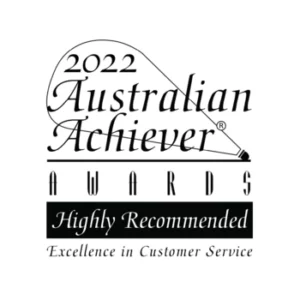Craig Robertson, the CEO of the Victorian Skills Authority, is at the forefront of an exciting change in vocational education and training (VET) qualifications. Robertson has been entrusted to lead the newly established VET Qualifications Reform Design Group, a team working to make VET qualifications more up-to-date and efficient.
Brendan O’Connor, the Minister for Skills and Training, has pointed out a big problem with how things currently work. Many students learn the same things they have been taught because of duplicated units of competency. Notably, they found that more than 5,000 units of competency have a lot of the same content.
O’Connor stressed, “The way we do things now doesn’t fit well with the modern job world, where people change jobs and learn new things throughout their lives.”
This group of experts, put together by Minister O’Connor, includes some important members:
- Sarah Brunton, who represents the Electrical Trades Union as a National Technical Officer
- Helen Cooney, a Principal Policy Officer at the Shop, Distributive and Allied Employees Association
- Megan Lilly, the Executive Director of the Australian Industry Group
- Geoff Gwilym, the Chief Executive Officer of the Victorian Automotive Chamber of Commerce
- Dr Margot McNeill, who is the Chief Product and Quality Officer at TAFE NSW and an expert in education
- Mathew Pearson, the Director of National Skills Reform at the NSW Department of Education and a representative for a State and Territory
Together, they have a big goal: to create new and better training package rules that match the needs of different industries by the end of 2023. They will receive expert advice from Jobs and Skills Councils regarding the proposed rules and how they can be applied in various industries. And that’s not all – in 2024, they’ll be working on a plan for transitioning qualifications.
A Quick Glance: The VET Qualification Reform
The VET qualification reform aims to improve the current VET system to meet the needs of the job market and keeps up with changes in the economy. After agreeing in October 2022 to improve the way VET qualifications work, Skills Ministers are committed to making significant changes. They want VET qualifications to be:
- Effective and easy to understand for employers and learners now and in the future.
- Supportive of innovation and excellence in training and assessments.
- Focused on safe and high-quality training outcomes.
- Able to provide a flexible, skilled workforce that can adapt to changes in the job market.
- Helpful for more employers to use recognised training methods.
Based on feedback from national discussions, the qualification reform will keep units of competency as the building blocks for VET qualifications. But they also understand that VET covers many different industries, and a one-size-fits-all approach doesn’t work well for students and businesses.







